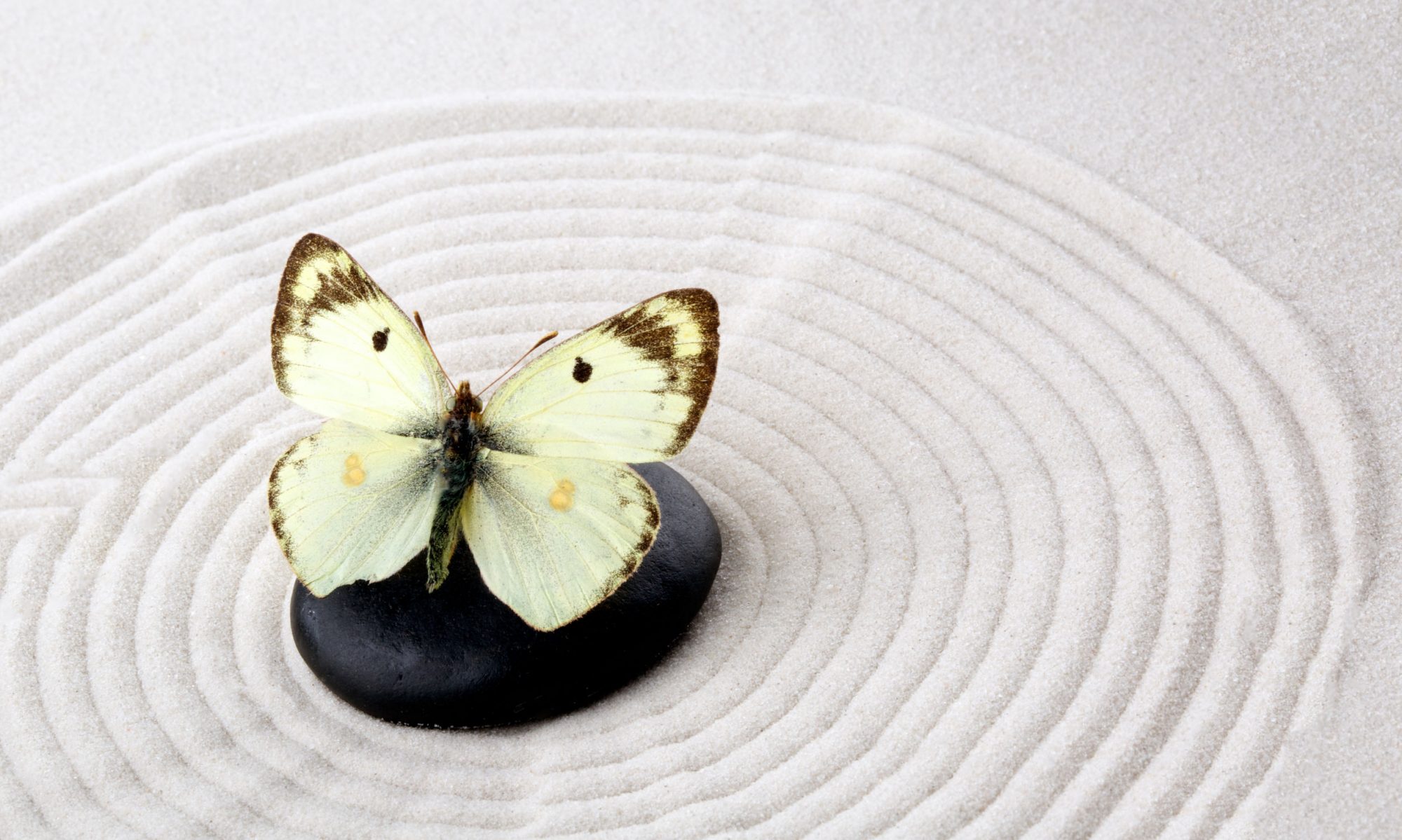I have been reading the news, trying to make sense of what is going on right now on Mt. Everest. Eleven deaths so far this year and bad weather has led to fewer days to make the summit. Long lines in the “Death Zone” waiting to get to the top have upped the ante in what was already extremely dangerous conditions. I am not a mountaineer, but I ponder what drives this extreme risk taking, even when faced with information suggesting it is not a risk worth taking. I read one description from someone who was there, who compares the mindset on the mountain to the depiction in the Lord of the flies. Every man for himself. A refusal to share water and supplies, stepping over frozen bodies left behind from earlier expeditions and accusations that inexperienced climbers are to blame for the carnage on the mountain. Reports of pushing and shoving to take selfies and the heart-breaking absence of basic humanity. Abject chaos.
There have been communications sent from Mt Everest acknowledging the long lines to summit and the recognition of how dangerous the current conditions are to reach the top. So, why would someone not take heed and push ahead anyway? A need so potent you are willing to forego rational judgment in assessing the risk. So often, when this level of unconscious decision making is going on, it stems from somewhere in our past. The kind of desperation to prove something to ourselves and the world, a defiance of our own vulnerability and mortality.
I keep thinking, if I could understand the psychology behind what fuels the need to reach the top of this mountain,
I think of the countless hours of preparation required to make the climb, the cardiovascular training, mountaineering experience, high altitude tolerance, and increased strength needed. Recommendations include running on a treadmill with 50-60lbs rucksack if you don’t have access to hilly terrain to train and prepare. There is an inordinate amount of preparation required to meet this challenging goal. So, why would we not recommend an equal amount of mental preparation and months of therapy to understand the confluence of experiences that led to this decision to take on such a monumental task as climbing Mt. Everest? To help build the emotional confidence that the decisions you make will be thoughtful, measured and well thought through when so much is hanging in the balance.
I mean shouldn’t we want to know if early childhood trauma or an overwhelming sense of powerlessness set us on a path to prove some measure of invulnerability to the capriciousness of life? Or how that chronic, nagging feeling that life was always just out of our control prodded our decision? These unconscious motives do not just affect us, they impact the lives of everyone around us. From the other climbers on Mt. Everest to the families that were left behind. If I was up on that mountain, relying on my fellow climbers to successfully navigate our way to the summit, I would want to know they had the ability to make dispassionate, reasoned decisions every step of the way and were not attempting to fix something deep in their psyche that no mountaintop has the capacity to
